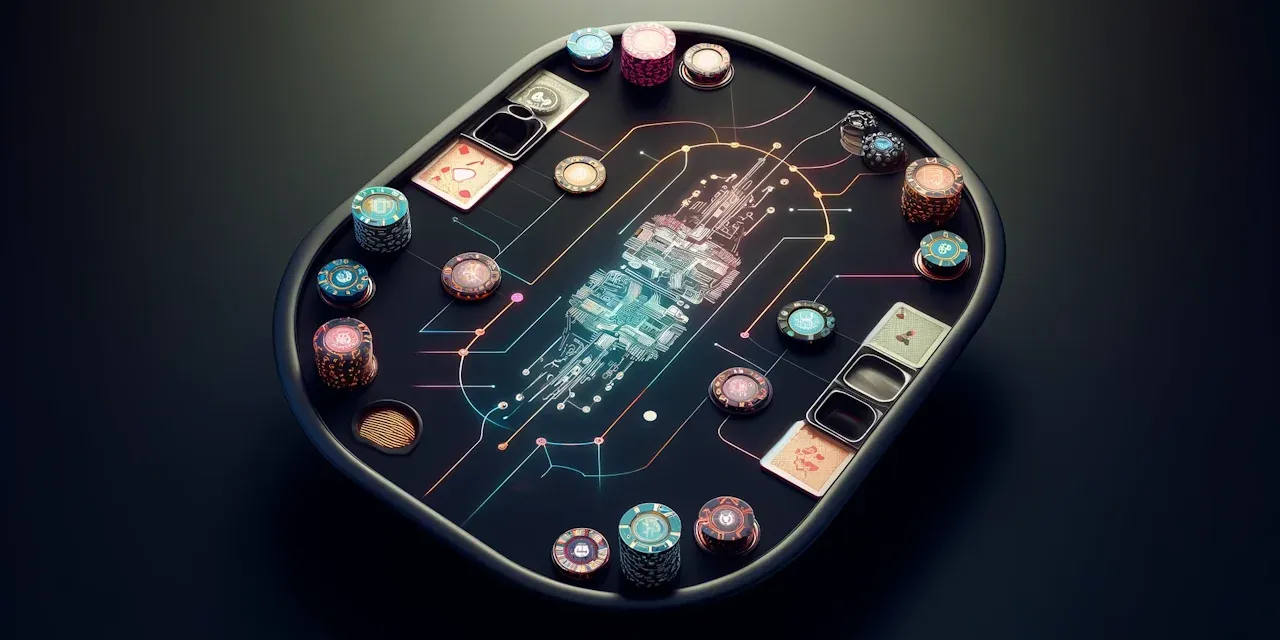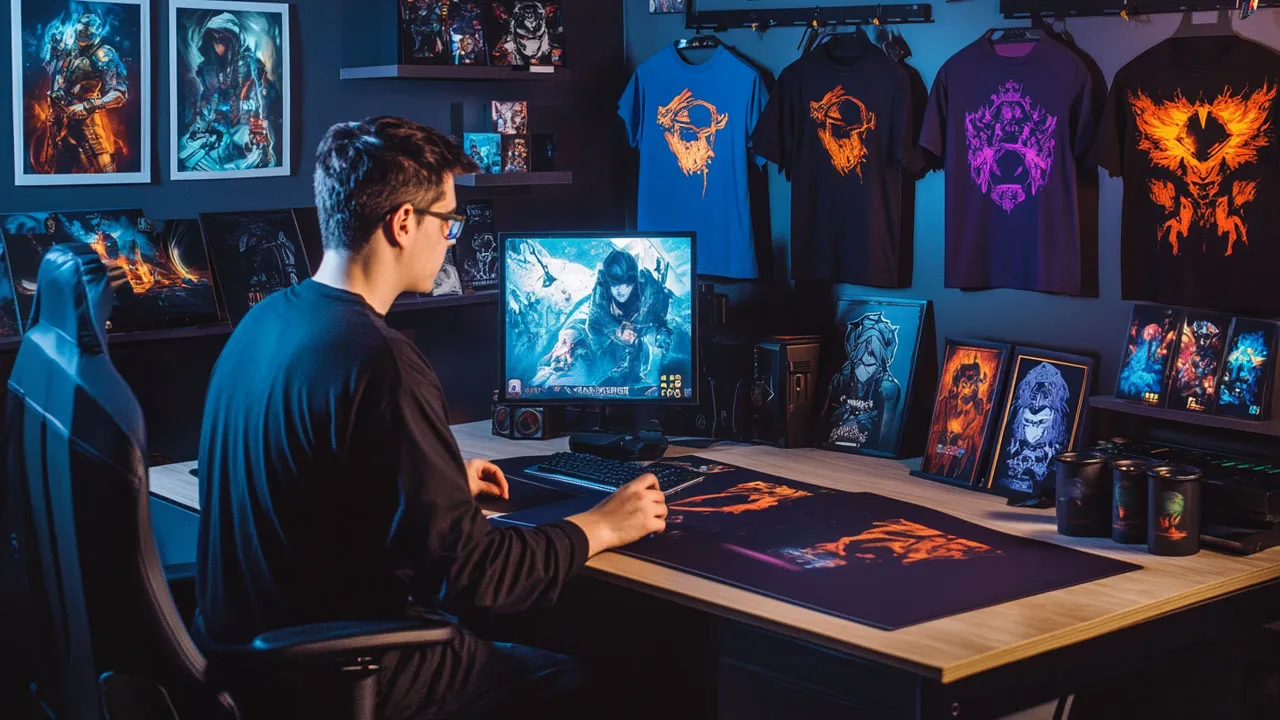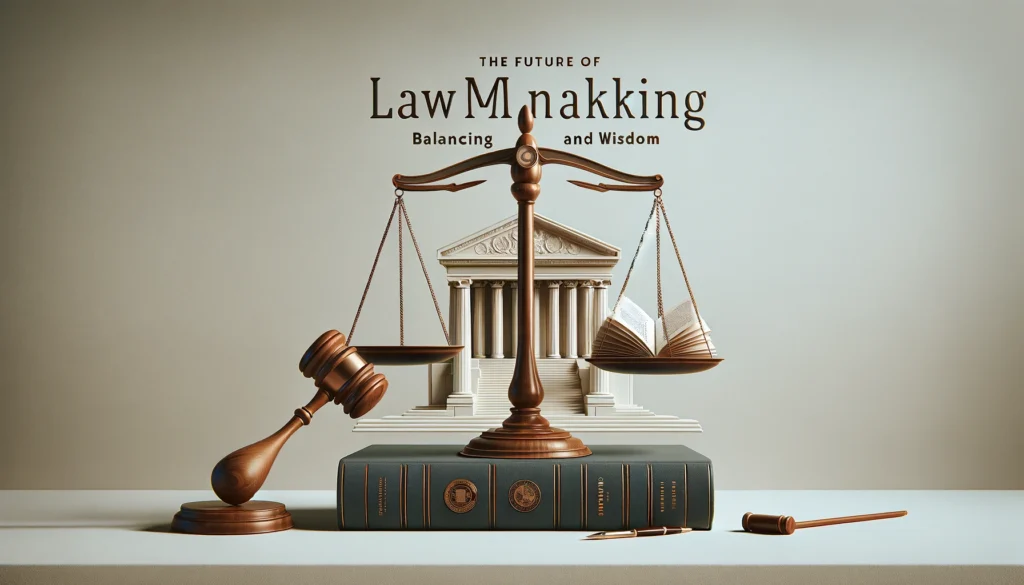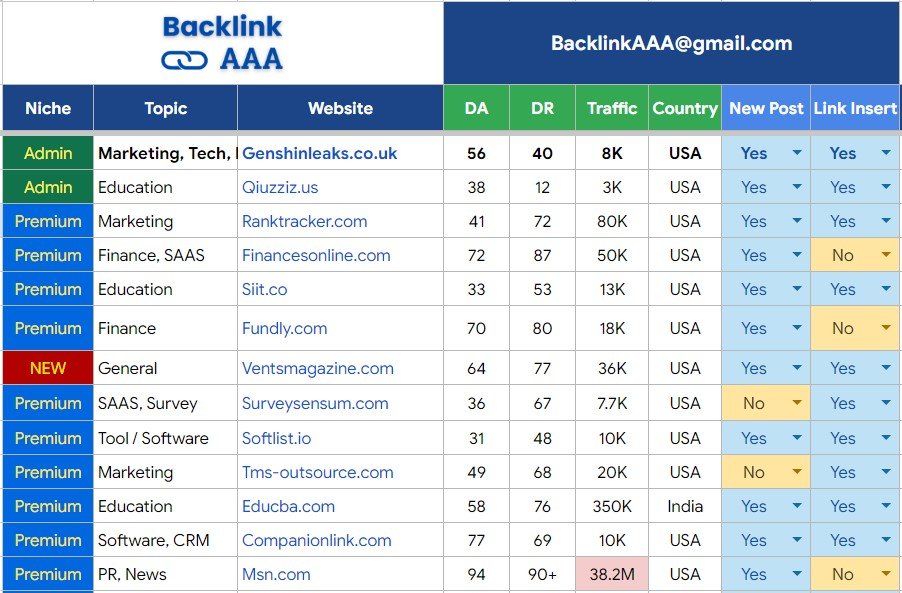AI-powered tools like PokerSnowie and PioSolver have revolutionized poker training methods by simulating optimal strategies. These tools break games into precise decision points, calculating probabilities and providing actionable insights for various scenarios. Users can test different plays, analyze hand histories, and reinforce game theory principles. PokerSnowie’s use of neural networks allows players to study Game Theory Optimal strategies and provides immediate feedback on errors and missed opportunities.
PioSolver, emphasizing strategy refinement, excels in solving complex post-flop situations in no-limit games. It helps players evaluate hundreds of scenarios through detailed equity splits and EV calculations, often in real time.
Bridging Practice and Competitive Play
AI-powered poker training tools expand their utility by simulating real-world gaming environments. Players can replicate full tournaments or recreational settings. This gives them hands-on preparation for scenarios they might face while playing poker online. For instance, practicing a multi-table setup with varying stack sizes can provide insights into adapting strategies during different stages of a game.
These tools also cater to specific gameplay subtleties, like bluffing dynamics, exploiting player behavior, or optimizing aggression. They ensure users consistently refine skills that are directly applicable when transitioning from training sessions to actual online games by offering versatile practice modules.
Breaking Down AI Adaptability
Modern AI bots have become better at mimicking human opponents. Poker Genius, for example, provides users with the ability to adjust AI styles and simulate different player archetypes. Users can practice against aggressive, tight, or balanced opponents and familiarize themselves with the subtlety of various styles. These bots incorporate table dynamics, adjust aggression levels based on chip stacks, and even mimic bluffing patterns for added realism.
Pluribus, an AI developed through machine learning by Carnegie Mellon University and Facebook, showcased how effective AI adaptations could be at advanced levels. Studying player tendencies and exploiting even small inefficiencies demonstrated proficiency against professional players and proved AI bots’ potential as valuable training tools.
Personalization of Training Regimens
AI training platforms enable players to refine specific skills through customized training regimens. Tools like Poker Genius allow users to focus on hand reading, aggression, or bankroll management. Additionally, detailed statistical analysis tracks user performance during sessions. Players receive curated advice, analyzing mistakes and recognizing patterns that hinder their progress in specific areas of gameplay.
Users can adjust the training environment for situational practice to tackle specific formats, such as six-max, heads-up matches, and tournament games. Sit-n-go, cash games, and even multi-table tournament simulations can be configured to reflect optimal practice scenarios for any stage of a game.
Data Processing and Analytical Features
Top-tier AI tools train and analyze gameplay efficiently through comprehensive metrics. Poker Genius includes features like Showdown Calculators, Player Stats, and Hand History Databases. These tools are essential for identifying leaks in a player’s strategy and creating actionable steps for improvement. Real-time data feedback enhances this process and allows players to work on areas like pot odds, implied equity, and decision weighting for future situations.
AI’s ability to process vast amounts of historical data helps predict outcomes with high degrees of accuracy. Players can uncover details they may overlook during live play by studying hand histories from both winning and losing sessions.
Regulation and Fair Play
AI tools advance poker strategies and complicate ethical considerations within the game. The use of real-time AI advisors in actual play has created controversy. Platforms have banned tools that provide in-game decision-making prompts to maintain fair competition. Despite these measures, AI remains a key area of research for understanding human behavior and decision-making under hidden information conditions.
Platforms such as PokerStars and Others employ cutting-edge fraud detection systems to address possible abuse linked to AI bots. Continuous monitoring of in-game actions is one way the industry works to protect players from unfair practices.
Supporting Broader Strategic Mastery
Advanced algorithms in training tools, including reinforcement-learning capabilities, allow AI bots to refine their understanding of poker over time. These tools pose a greater challenge to players and help them build resilience and refine responses to unpredictable opponents. AI tools provide a more comprehensive study environment by challenging players outside the predictable comfort of static strategies.
Simulating Game Scenarios for Real Tournament Preparation
These tools replicate the pressure of live tournaments by enabling the simulation of various poker formats, including multi-table tournaments and heads-up games. Users can adjust game parameters, such as blind increases, stack depths, and player fields, to simulate real-life tournament conditions. Practicing under these conditions builds familiarity with critical dynamics like short-stack aggression and deep-stack maneuvering.
These AI solutions provide a highly detailed, tailored path for players to expand their skill sets systematically. Their role in poker training evolves into a dual function of strategic assistance and a deeper understanding of game competitive environments through continued refinement and support.




